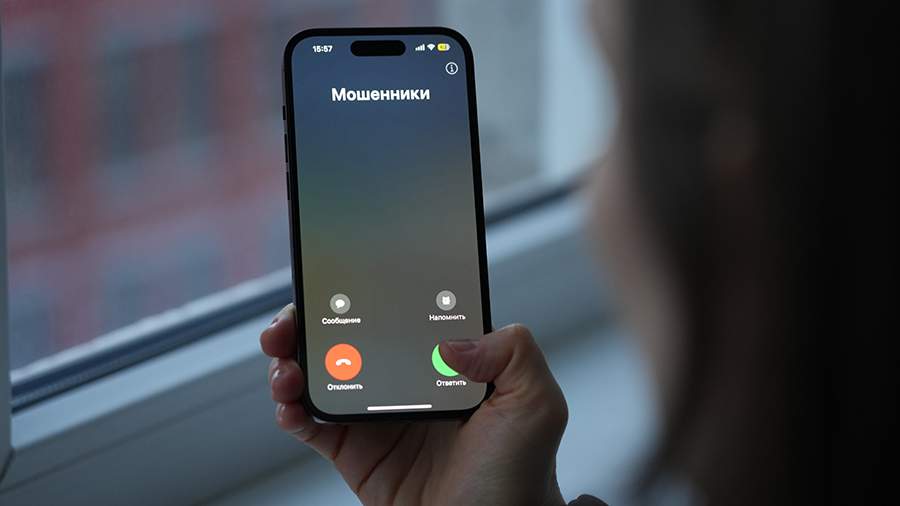Common schemes of fraudsters in early January are named

Since late December 2024, scammers have been actively using New Year's Eve promotions, sales and gifts to attract the attention of victims. They used a variety of methods, including phishing, social engineering and spoofed phone calls. The most common tricks at the beginning of January 2025, which Russians fell for more often, were installing fake applications on a smartphone and clicking on phishing links, according to VTB data, which was reviewed by Izvestia on January 17.
For example, fraudsters created fake versions of popular applications of large companies that looked like the originals. Having installed such an application, customers risked losing access to their finances and personal information.
In addition, the holiday season traditionally saw an increase in the number of messages or emails sent, some of which contained phishing links. Clicking on them could lead to installation of malicious software or attempts to steal personal data.
The bank records a wide variety of fraudulent schemes: traditional calls from alleged representatives of law enforcement agencies, requests for loans from hacked accounts of relatives and friends, as well as false offers to earn money and cases of intimidation of children in order to force them to transfer money to their parents. At the same time, during the New Year vacations, the number of requests from clients of the credit organization on the topic of fraud decreased several times compared to December and practically did not change by January 2023.
Earlier, on December 19, in the Coordination Center of domains .RU /.RF told "Izvestia" that at the end of 2024 fraud attacks on Telegram users increased 19 times. In November-December, their number amounted to more than a thousand, while in the same period of 2023, only 54 cases were recorded. Attackers use a variety of schemes to hack into user accounts: fake social payments for holidays, New Year sales, cheap tickets to Christmas trees, concerts and performances.

